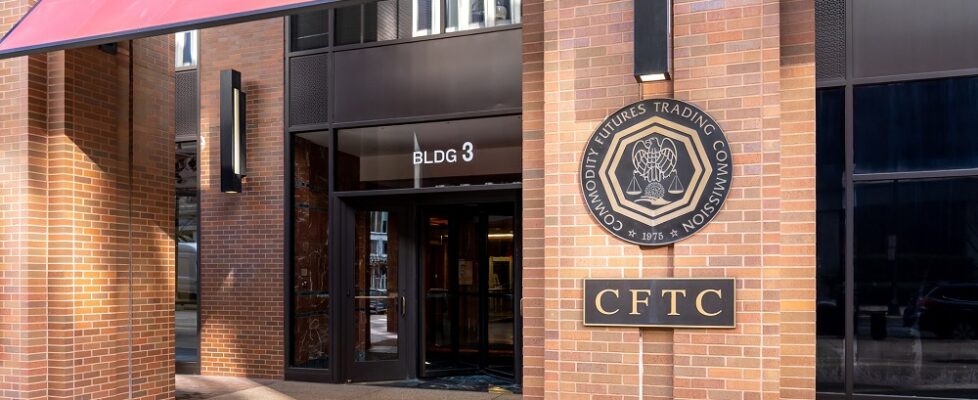CFTC goes after Michael Staryk and his fraudulent trading scheme Magestic World Wide
The Commodity Futures Trading Commission (CFTC) has filed a lawsuit against Michael Frederick Staryk at the Connecticut District Court.
According to the complaint, submitted on September 27, 2024, from at least 2021 through at least 2022 (the “Relevant Period”), Staryk, individually and doing business as Magestic World Wide Finance (a/k/a Magestic WW Solutions and a/k/a Magestic World Wide Solutions), and others, engaged in a deceptive scheme in which they fraudulently solicited and obtained retail client funds which were then misappropriated based on false claims of past performance and false promises of future profitable trading in commodity option transactions that were options on commodity futures contracts.
As part of the scheme, Staryk and others wrongfully obtained at least approximately $600,000 from clients in the United States through false or misleading material representations and/or promises to their clients, including concealment of information from clients.
In truth, Staryk and others did not trade clients’ funds in options on commodity futures contracts listed on U.S. designated contract markets, as promised. In truth, the client funds were deceitfully obtained and misappropriated.
As part of the scheme, without registering with the Commission, Staryk, individually and doing business as Magestic World Wide, directly and through others, for compensation or profit, engaged in the business of advising clients and prospective clients as to the value and advisability of trading in products such as options on commodity futures contracts, including options on crude oil futures, product symbol CL, traded on the New York Mercantile Exchange (NYMEX), and options on gold futures, product symbol GC, listed on the Commodity Exchange (COMEX), both Designated Contract Markets.
Staryk, directly and through others, also falsely and misleadingly represented to clients that client funds would be controlled by U.S. or U.K. businesses, and concealed from clients that their funds would be moved from accounts at U.S. banks in the United States under the control of Relief Defendant Yvonne Stephanie Solerti-Coto and in the name of Relief Defendant Global Financial Institution LLC to banks outside the United States, including banks in Costa Rica.
Staryk and others also provided clients with access to a website that provided fictitious account statements falsely purporting to show client funds’ trades in options on commodity futures listed on Designated Contract Markets in the United States.
Staryk and others willfully, or with reckless disregard for the truth thereof, concealed material information and failed to disclose to clients that: (1) in truth, clients’ funds were not used to trade options on commodity futures contracts, as promised; (2) in truth, there were no profits from trading; (3) in truth, client funds were misappropriated and sent to companies and individuals at their accounts in Costa Rican banks in Costa Rica and to companies and individuals at their accounts in U.S. banks in the United States; and (4) in truth, on the rare occasion that Staryk and others conveyed any funds at all back to a client, Staryk and others did so using other clients’ funds in the manner of a Ponzi scheme.
In addition, Staryk misleadingly omitted from solicitations to clients that Staryk had a history of fraud involving products such as options on commodity futures contracts.
The CFTC further alleges that Staryk omitted and concealed from clients, for example, that the Commission had issued an order in 2004, finding that Staryk had engaged in fraud involving options on commodity futures contracts, revoking Staryk’s registration, permanently banning Staryk from trading, and imposing a cease-and-desist order and a civil monetary penalty (“CMP”).
On October 24, 2022, Staryk pled guilty to one count of conspiracy to commit wire fraud in violation of 18 U.S.C. § 371, 18 U.S.C. § 1343, in relation to this scheme.
In sum, Staryk and others never traded on behalf of their clients as promised, and instead the funds were misappropriated for his own use and for use by others. Only a small fraction of clients’ investments was returned, using other client funds in the manner of a Ponzi scheme.
Staryk and others, in coordination with Relief Defendant Coto, solicited and directed clients to wire funds into accounts in U.S. banks in the name of Relief Defendant Global Financial and under Relief Defendant Coto’s control, which were then misappropriated.
Relief Defendants Coto and Global Financial have were not entitled to the clients’ funds and did not provide any services to clients.
The CFTC accuses Staryk, individually and doing business as Magestic World Wide, of directly and indirectly, violating Sections 4c(b) and 4o(1)(A) and (B) of the Commodity Exchange Act (the “Act”), 7 U.S.C. §§ 6c(b), 6o(1)(A), (B), and Commission Regulation (“Regulation”) 33.10, 17 C.F.R. § 33.10 (2024).
By this conduct, Staryk, individually and doing business as Magestic World Wide, violated Section 4m(1) of the Act, 7 U.S.C. § 6m(1), and the Commission’s 1998 and 2004 Orders.
The Commission seeks civil monetary penalties, and remedial ancillary relief, including, but not limited to, trading and registration bans, restitution, disgorgement, rescission, pre- and post- judgment interest.




